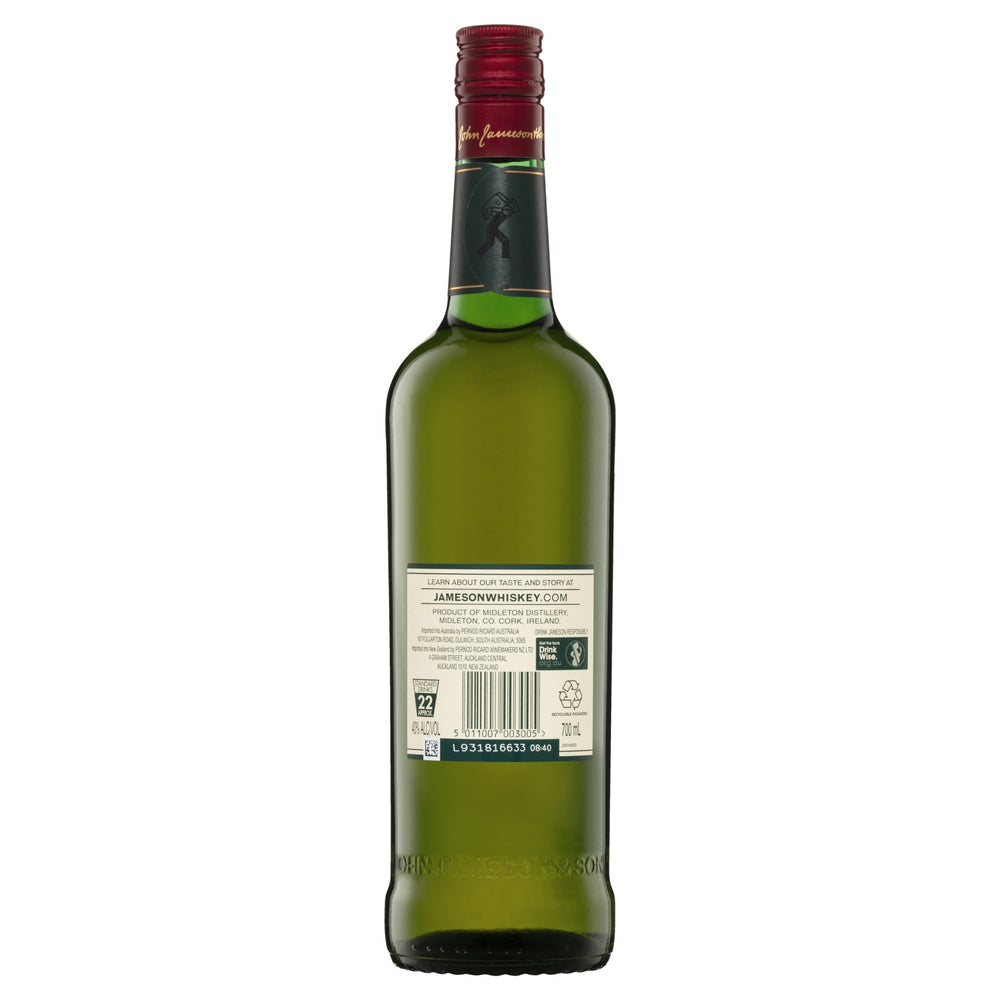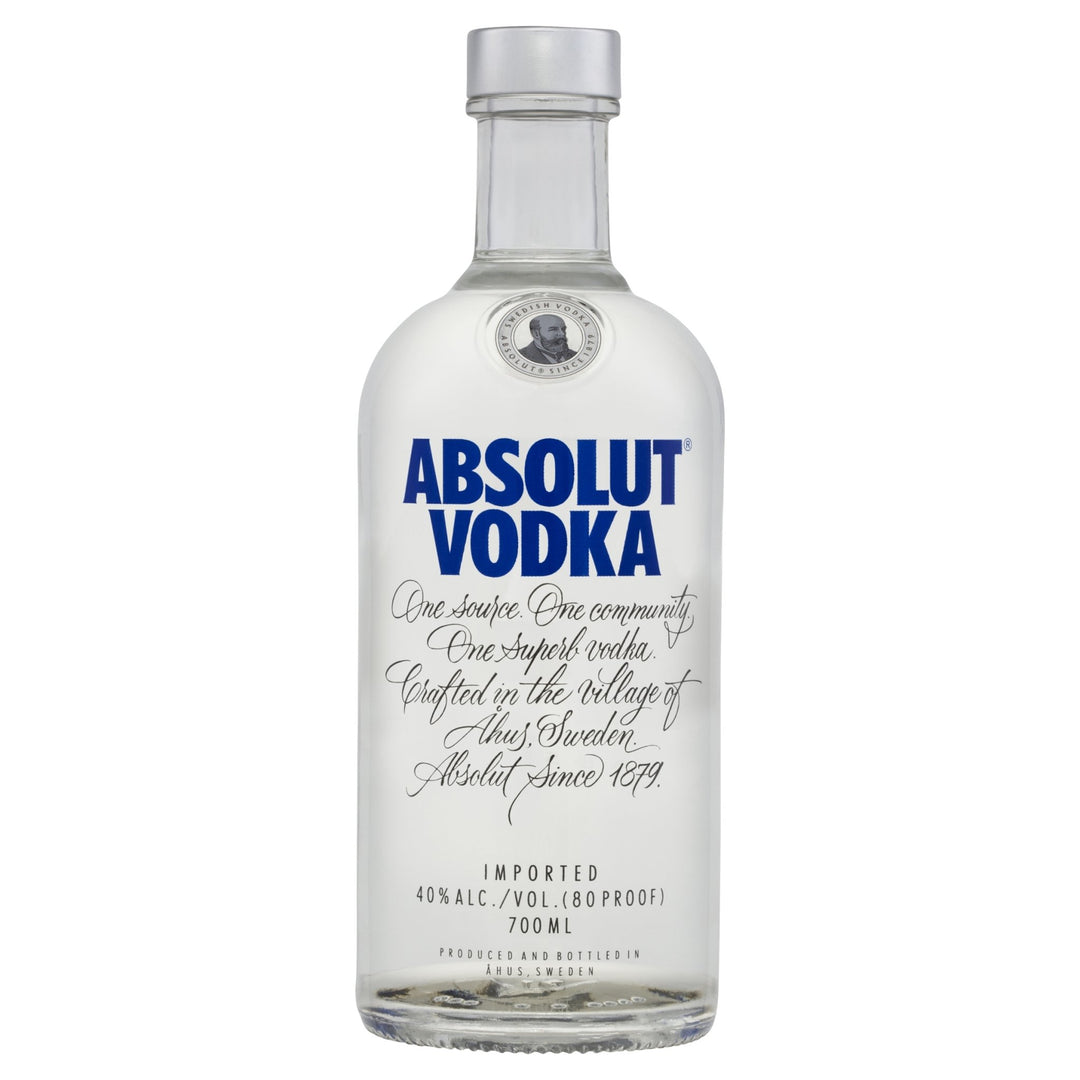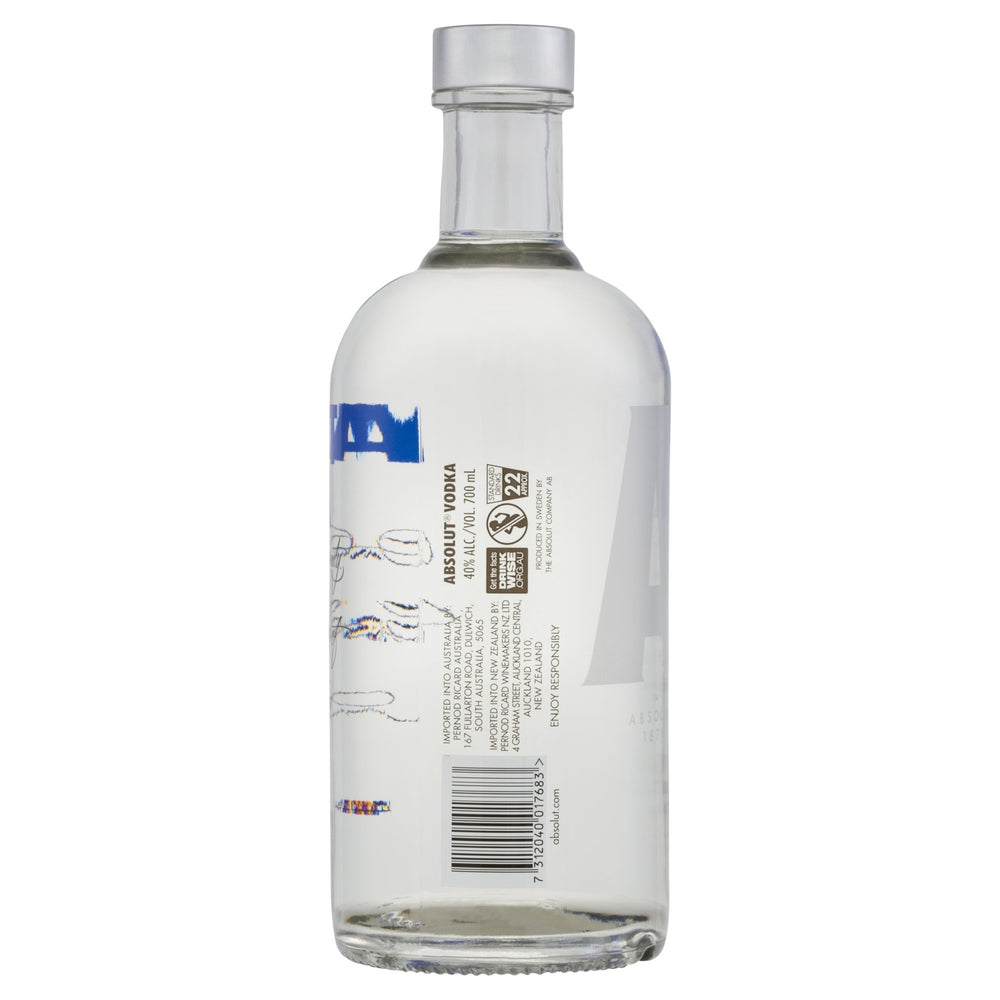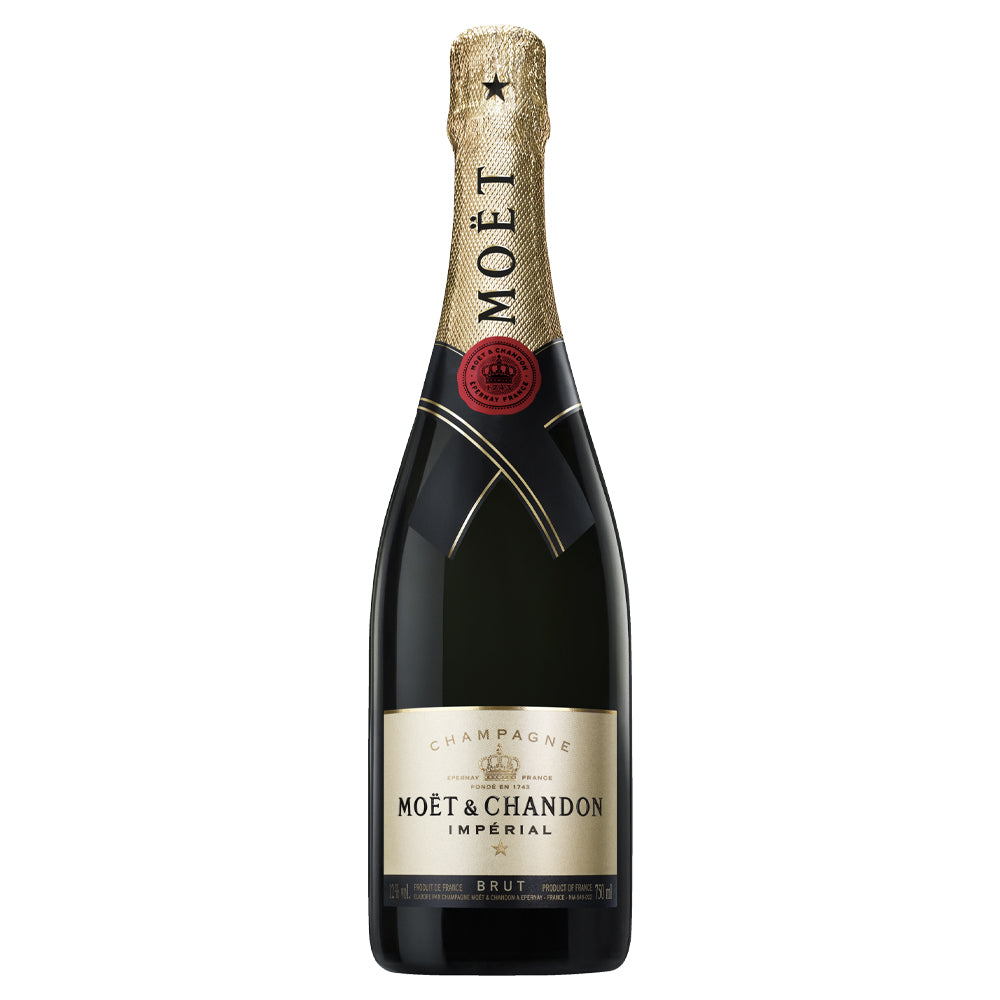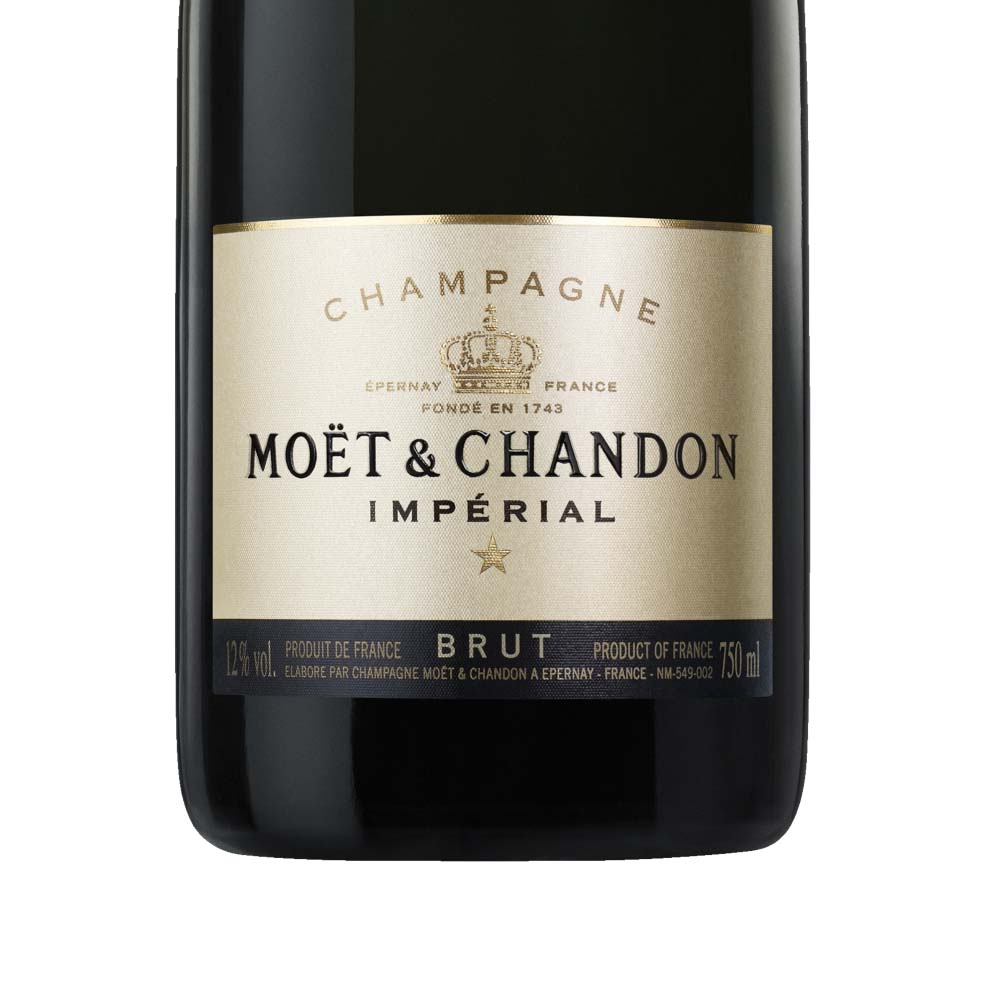Are you someone who loves wine, but sometimes has difficulty being able to accurately describe a particular wine to friends? Or perhaps you aren't quite sure what to ask for when you seeking recommendations based on your tastes. You don't necessarily need to be a wine connoisseur to know how to describe wine. Quite often, simply understanding the wine terms used to describe certain characteristics of wine will enable you to discuss and describe wines with your friends, as well as pair wine perfectly with foods.
1. Body
The body may be the first thing you notice when you take a sip of wine, even more so than the flavour. The components that make up a full-bodied wine include how sweet it is, it's alcohol content, the feel of it as it slides across your tongue and other characteristics. A full-bodied wine can be considered a rich, sweet wine with a higher alcohol content, while a light-bodied wine might be dryer and feel lighter on your palette.
2. Legs
Legs can be used to describe a wine by sight, whereas body is by taste and feel. A wine can be said to have legs if a significant amount of droplets adhere to the side of a glass of wine, slowly forming "legs" as they move down the side of the glass. Typically, high alcohol or sweeter wines will have slow moving legs.
3. Earthy
An earthy wine is one in which the flavours other than fruit are more abundantly noticeable. Spices, chocolate and other components all contribute to the complexity and flavour of an earthy wine.
4. Fruit-Forward
A fruit-forward wine is one in which the fruit flavours play a primary role in flavour. These wines can be considered the opposite of earthy wines. Regions such as Spain, Argentina and California typically produce fruit-forward wines. In other regions, such as Chile and France, different flavours may play a more dominant role depending upon how the wine was made and what particular fruits were used.
5. Dry
Put simply, a dry wine is a wine that isn't too sweet.
6. Tannin
Many people mistakenly believe that tannins in wine cause headaches, but this is simply not true. Tannins are in fact the natural compounds found in much of the grapes, fruits and plants that are used to develop a particular wine. A high-tannin wine will taste more bitter than one with low tannins, and red wines typically have higher tannins than whites, since more of the fruit is used in the creation of a red wine. You can taste a high tannin wine by how dry it feels in your mouth.
7. Complexity
Complex wines are made from high-quality grapes and usually several other components. A complex wine will deliver a multitude of subtle flavours that evolve and emerge as you drink the wine. It isn't easy to produce a complex wine, but that doesn't necessarily mean that there aren't affordable complex wines.





